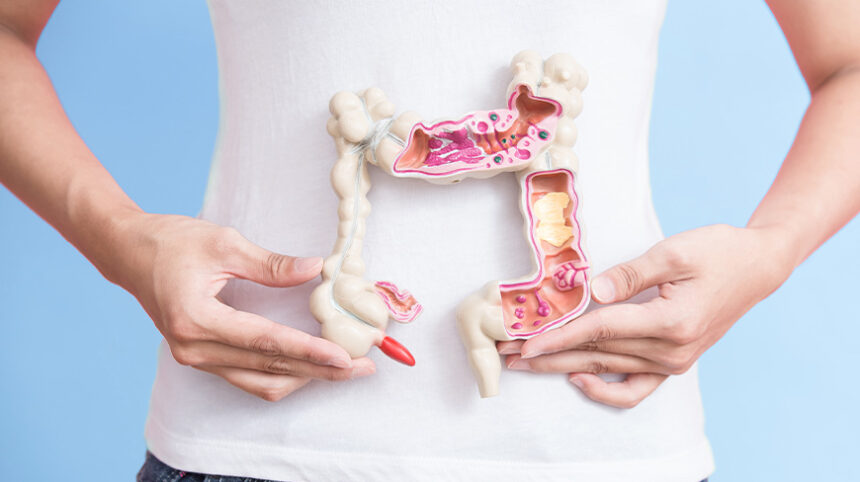A colonoscopy is a medical procedure that allows healthcare providers to examine the inner lining of your large intestine using a flexible tube with a camera. During this examination, a gastroenterologist inserts a colonoscope through the rectum to view the colon and rectum for abnormalities, polyps, or signs of disease. Here are some ways to help you have a comfortable colonoscopy experience:
Before
Proper preparation forms the foundation of a successful colonoscopy. Your healthcare team will provide detailed instructions on how to prepare your body. For better visibility, the large intestine must be cleared for the examination.
The preparation process typically begins several days before your procedure. You’ll receive specific dietary guidelines that restrict high-fiber foods, like nuts and seeds, and certain medications. Most patients follow a clear liquid diet for 24 hours before the colonoscopy, consuming only water, clear broths, plain gelatin, and approved beverages. A bowel preparation solution, which is a laxative prescribed by your provider, is needed to clear your digestive system effectively.
When Do You Need a Colonoscopy?
Healthcare providers recommend colonoscopies for several reasons. Routine screening typically begins at age 45 for individuals at average risk. People with higher risk factors, like a family history of colon cancer or polyps, may need earlier or more frequent screenings.
Individuals with inflammatory bowel disease, like Crohn’s disease or ulcerative colitis, require regular monitoring through colonoscopy. Your doctor may recommend a colonoscopy to investigate symptoms like persistent abdominal pain, changes in bowel habits, rectal bleeding, or unexplained weight loss. These diagnostic colonoscopies help identify the underlying cause of concerning symptoms.
What Are the Different Types?
Several variations of colonoscopy procedures exist to meet different medical needs. The standard colonoscopy remains the most comprehensive option, allowing for both examination and treatment during the same session. Virtual colonoscopy utilizes specialized imaging technology to create detailed images of your colon, eliminating the need for a scope insertion. This option requires the same bowel preparation and only involves inserting a scope when abnormalities are detected, allowing removal or biopsy treatment.
During
On the day of your procedure, you’ll arrive at the medical facility where trained professionals will guide you through each step. Your medical team will review your health history, current medications, and any concerns you may have. Before the procedure begins, you’ll receive sedation to help you relax and minimize discomfort. Most patients receive moderate sedation, which allows you to rest comfortably while remaining responsive to instructions, but other sedation options may be available. The anesthesia team monitors your vital signs throughout the procedure. The actual examination typically takes 20 to 45 minutes, depending on your individual anatomy and any findings that require attention.
After
Immediately after your colonoscopy, you will stay in a monitored recovery space with medical staff. The staff will observe your vitals and overall condition as you recover from sedation, which may take a few hours. Here are some key steps to take after your procedure:
- Review Findings With Your Provider: Before you leave, your healthcare provider will discuss any initial results with you and your companion, offering guidance on any necessary follow-up steps.
- Arrange Transportation Home: You will need a responsible adult to drive you home, as sedation impacts your reflexes and judgment for several hours following the procedure.
- Resume Normal Activities: Most individuals can return to their usual routines the next day, but it is recommended to avoid making significant decisions or operating machinery for at least 24 hours.
- Manage Minor Discomfort: Mild cramping or bloating may occur as your body expels the air introduced during the procedure. Walking or gentle movement can help relieve this discomfort.
Schedule a Colonoscopy Appointment
Regular colon screenings are necessary for maintaining your digestive health and detecting potential problems early. If you’re due for screening or experiencing concerning symptoms, contact your healthcare provider to discuss scheduling a colonoscopy. Their expertise will guide you through the process and address any specific questions about your individual situation.





